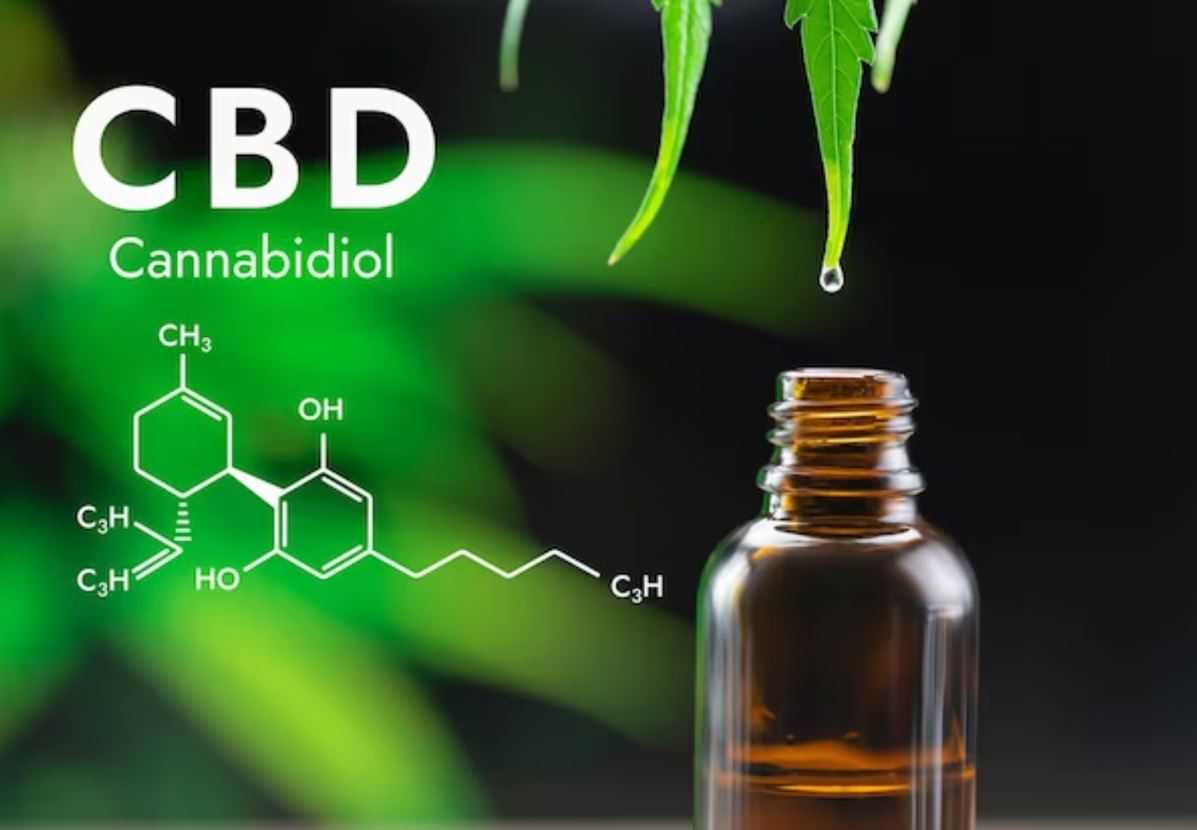Tetrahydrocannabinol (THC) and cannabidiol (CBD), two of the most well-known components of cannabis, have been the subject of considerable debate and controversy for some time. Due to the varying concentrations of these compounds in different cannabis cultivars, the plant produces a wide range of effects. This exhaustive guide will discuss the distinctions between CBD and THC, how they can be beneficial, and the legal status of their use.

CBD Vs. THC: The Basics
● THC (Tetrahydrocannabinol)
Conversely, the psychoactive component of cannabis responsible for inducing the intoxicating state is THC. In contrast to CBD, its impact on the body and brain is more conspicuous. TRĒ House THC Vape pen is prevalent in cannabis, and people use it for recreational and medicinal purposes.
● CBD (Cannabidiol)
CBD is a compound in cannabis, although it does not produce intoxication. You can buy buy CBD gummies online very easily.
Hemp, a kind of cannabis with a low THC concentration, is the usual source. Oils, edibles, and topical CBD products have risen in popularity because of their purported health advantages. CBD, unlike THC, does not provide a “high” and has few to no reported adverse effects.
Effects And Benefits
CBD
- Studies on the effects of cannabidiol (CBD) on the body’s endocannabinoid system have produced encouraging results.
- CBD’s soothing properties make it a popular choice for treating anxiety and stress.
- Epidiolex, a drug licensed by the Food and Drug Administration for treating uncommon epilepsy, includes CBD and is used for seizure control.
- CBD’s potential anti-inflammatory effects make it a promising treatment option for various inflammatory disorders.
- A few CBD users assert that the substance improves their quality of sleep.
- CBD does not induce intoxication, in contrast to THC; thus, individuals desiring to avoid the psychoactive effects of cannabis may utilize it.

THC
- Chronic pain and multiple sclerosis are two illnesses where THC is integral to pain treatment.
- Recreational consumers love using THC for its euphoric impact, which they can also use for stress relief.
- Chemotherapy patients and those with eating disorders may benefit from THC’s appetite-stimulating properties.
- Medical conditions that cause nausea and/or vomiting may be alleviated with THC.
- Like CBD, THC exhibits sedative properties at sufficient concentrations to impede cognitive abilities such as driving or operating heavy machinery.
Legality
CBD and THC have different legal standings in different places:
- CBD: The 2018 Farm Bill passed in the United States federally authorized CBD extracted from hemp. However, restrictions vary from state to state, so it’s essential to research the rules in effect on your own. CBD is also legal, albeit with different regulations, in various other nations.
- THC: The intricate nature of THC’s legal standing is particularly evident in the context of marijuana. Although several states have legalized marijuana for recreational and medical purposes, it remains illegal at the federal level. Regarding THC, regulations may vary from strict to comparatively lenient across nations.
Side Effects
- CBD: CBD is typically safe and well-tolerated. Mild adverse effects, such as dry mouth, dizziness, and appetite changes, have been reported by some users. These are often short-lived and have minor adverse effects.
- THC: High dosages of THC can lead to negative symptoms, including slurred speech, rapid heartbeat, anxiety, and paranoia. The psychotropic effects can harm certain people, and chronic usage can lead to addiction.

Conclusion
THC and CBD have distinct advantages and effects because they are two distinct substances. THC is renowned for its euphoric and medical properties, whereas CBD is recognized for its non-toxic therapeutic benefits. When deciding between CBD and THC, consider local regulations, personal preferences, and medical needs.
Before using any substance, individuals with preexisting medical conditions or concurrently taking other medications should conduct thorough research and consult a physician. Acquiring knowledge and informed judgment is imperative in a dynamic cannabis regulatory environment to optimize the benefits and mitigate the risks associated with CBD and THC consumption.
